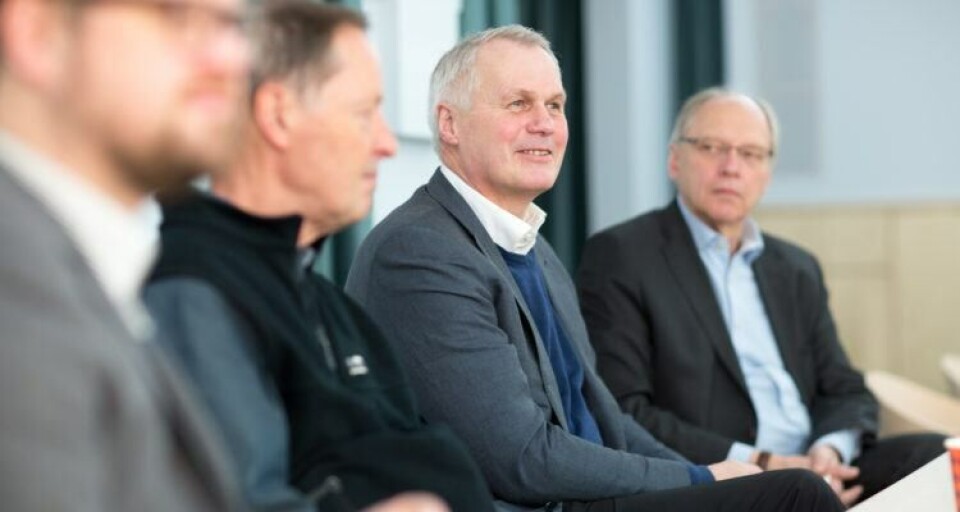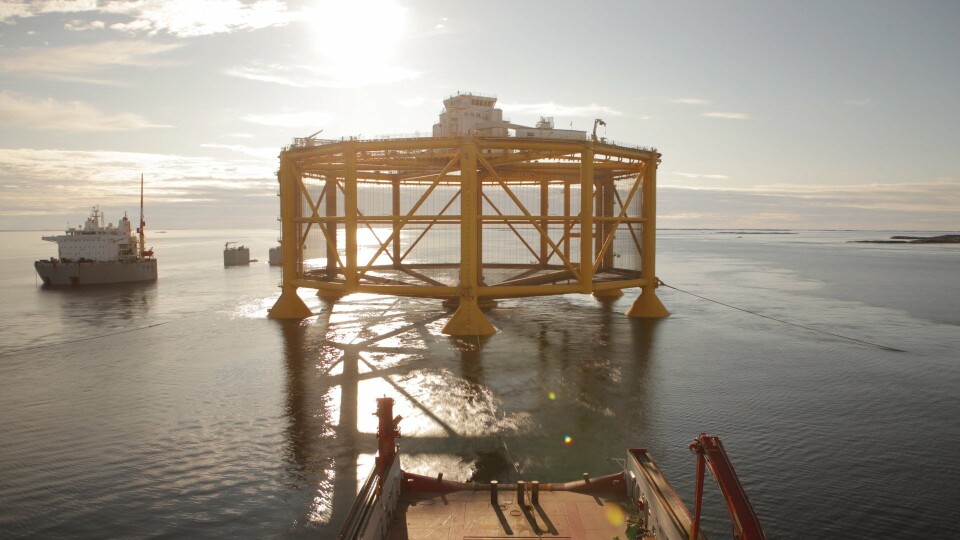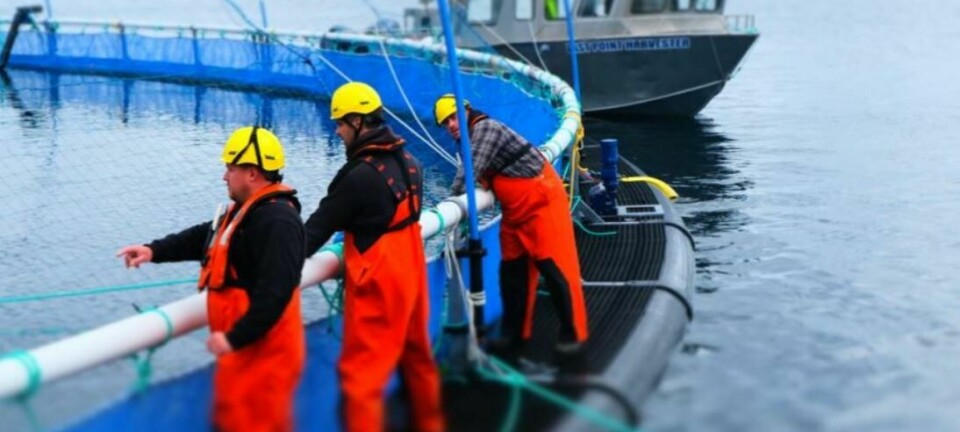
Salmar opens up Ocean Farm 1 to science
A professorship in "aquaculture cybernetics" is being established in a partnership between Scottish Sea Farms co-owner Salmar and the Norwegian University of Science and Technology (NTNU) as salmon farming experiences what NTNU calls a "technological paradigm shift".
Offshore aquaculture requires advanced decision support systems and a high degree of automation for these goals to be reached, according to the partners.
The initiative will make use of Salmar's offshore salmon farm, Ocean Farm 1, which the partners describe as the world's largest floating ocean laboratory. The full scale pilot plant allows research on biological and technological aspects aquaculture offshore that have previously not been possible.

Ocean Farm 1 is equipped with the latest in instrumentation and sensor systems for the aquaculture industry, providing a unique opportunity to collect large amounts of data in real time about the fish and the environment in the cages.
Knowledge base
According to NTNU, the professorship in aquaculture cybernetics is an interdisciplinary initiative that connects the areas of engineering cybernetics, biology and aquaculture. It will serve as a knowledge base and a link between the aquaculture industry and academia.
"It is with pleasure that we put our floating research station at the disposal of this important work," said Salmar executive vice president Gustav Witzøe. "Here, NTNU will be able to freely and independently collect data and perform analysis that can help to develop a more sustainable and knowledge-based aquaculture."
He added: "A world-class research environment that provides industry with challenges and increased knowledge is an important contribution to SalMar's strengthening of its position as a globally leading producer of seafood."
Director of the NTNU Oceans department, Ingrid Schjølberg, said it was very gratifying that the professorship would be established.
"The aquaculture industry is changing, and automation will be a key technology to contribute to more efficient and safe operation," said Schjølberg.






















































